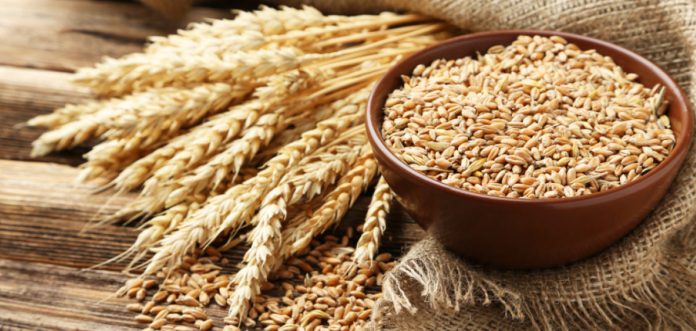- The global community is facing the heat over the consequences of an ill-timed Russian invasion of Ukraine which continues unabated even after three months. The disruption caused to the worldwide supply chain of extremely crucial commodities like fuel, gas, metals, fertilizers, and cereals due to the ongoing conflict is showing duress leaving no one unaffected. As the nations across the globe attempt to stall the inflationary trends visible affecting the common citizens, the Indian government to has initiated several times as well not so welcome measures. One such measure is to ban the wheat export on the back of reports about the Union Government reducing its procurement by half owing to the unavailability of the most commonly used cereals in the country.

PC: Alan C. Brawn
- No sooner than the measure was announced, the price of Wheat in the futures market in Chicago rose 6% at the beginning of the week. The response came courtesy of India’s decision to prohibit incremental export of wheat. Further, any new contracts have to be through the government-to-government route alone. Note that India’s original wheat export target in 2022-23, about 12 million tonnes, is unlikely to have placed it among the world’s top five exporters. Yet globally supply is so tight that the impact on prices was immediate as can be seen with the Chicago rise. The move also led to expressions of disquiet by representatives of the German and US governments. Some more voices of disagreement cannot be ruled out either.
- Let us delve further to correctly comprehend what prompted such a decision from the Union Government. Understandably, the export restriction aims to rein in domestic wheat prices-the cereal’s price rose by an annual 10.7% in April in wholesale markets. Keeping in mind the overall health of the cereal situation in the country, there can be no disagreement with the Union Government’s aim. However, taking recourse to an export restriction in the present circumstances is a suboptimal choice. There are lots of conjectures which might be driving the decision-makers to act on these lines.

PC: DEBBIE MOHNBLATT
- It appears wheat inflation is being mainly driven by a market expectation that the rabi harvest will be lower than what GOI announced. Further elaboration will undoubtedly clarify the matter. For a moment consider the price trend in the wholesale market before and after the export shutdown. The GOI data shows that the national average wholesale price on May 12, the day before the announcement, was Rs. 2,591/quintal. Two days later, it fell 4.6% to Rs. 2,483/quintal. A day after, it climbed back to Rs. 2,583/quintal. Moreover, an export restriction is an implicit tax on wheat farmers.
- Rather than use such a distortionary policy measure, pragmatic fiscal measures should have enhanced domestic supply. Upping wheat MSP should have been an appropriate measure to boost its procurement and put itself in a powerful position to influence the domestic price trend. A higher minimum support price (MSP) would have been economically rational. The wheat ban decision has only led to anxious allies and even more frustrated farmers. Therefore, the export ban should be revisited in the larger interests of the farmers and the nation by reversing it forthwith.






